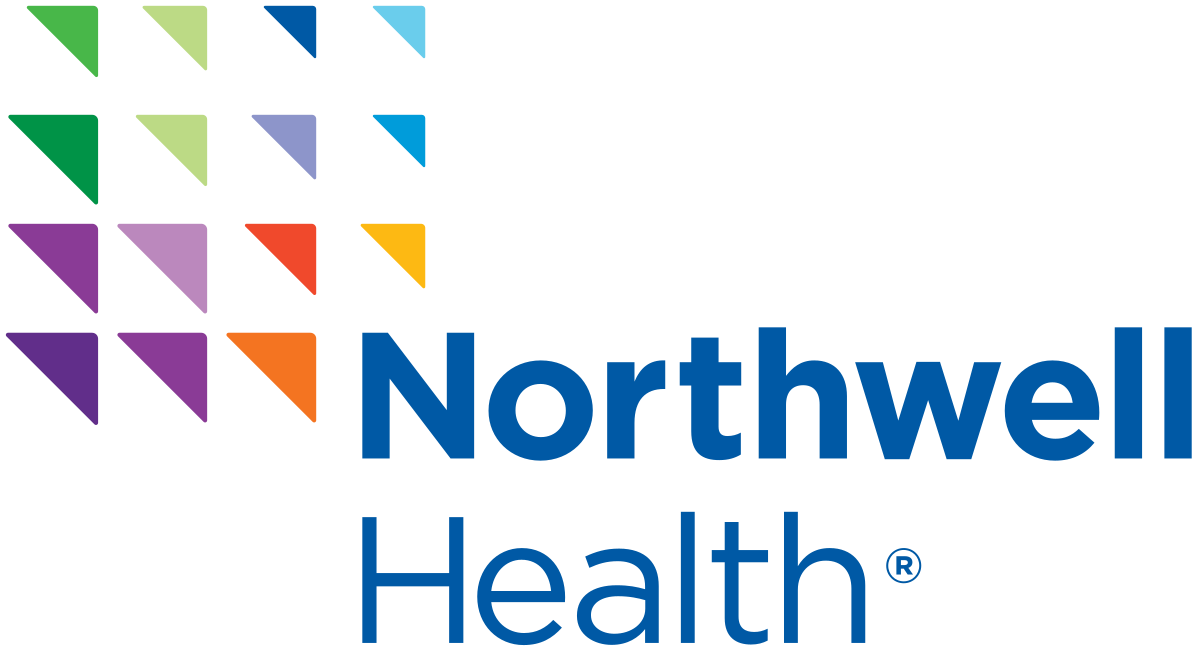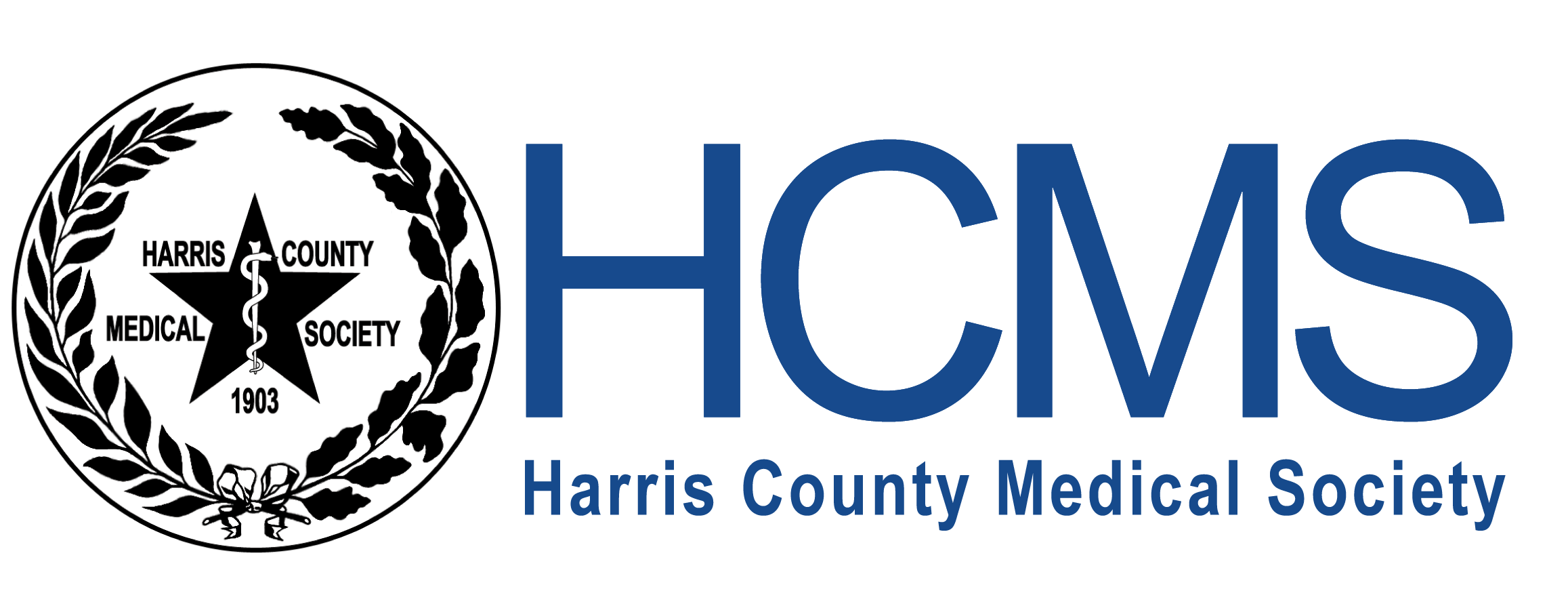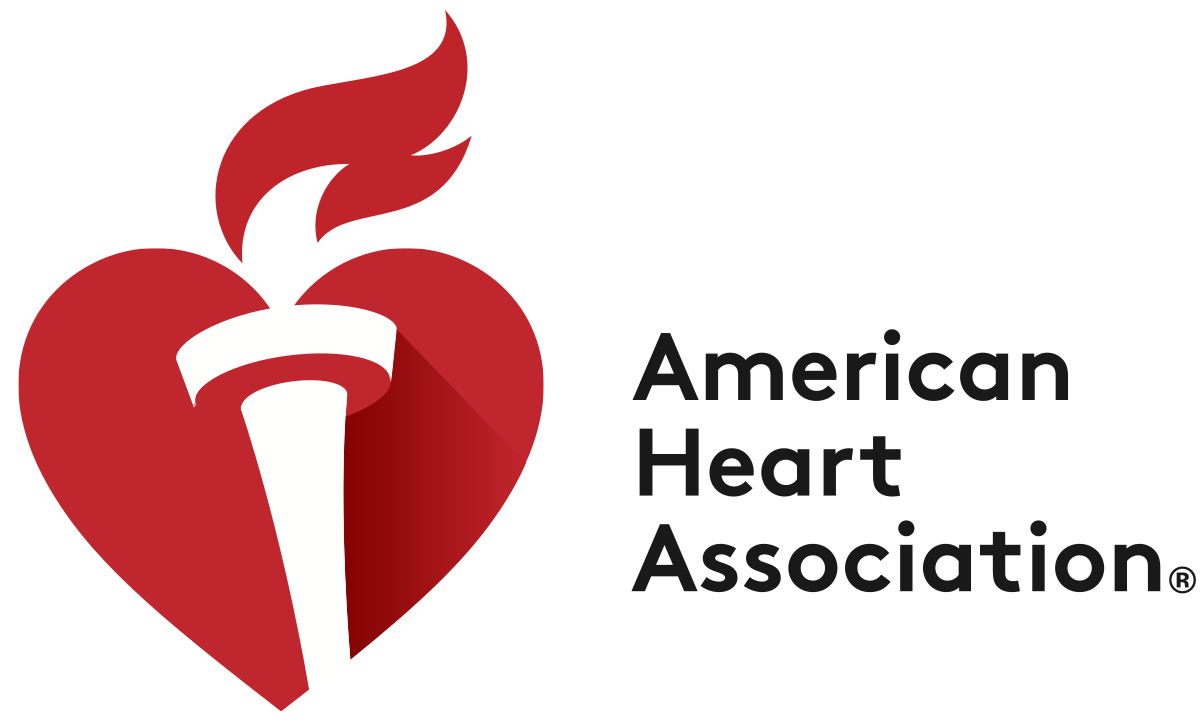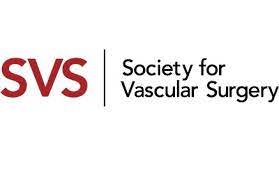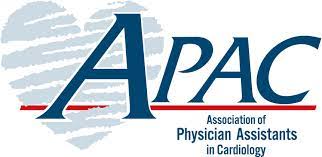Endocarditis
Endocarditis is an infection of the inner lining of the chambers or valves of the heart. Endocarditis typically affects patients with existing heart conditions and occurs when germs in the bloodstream attach to damaged or abnormal areas of the heart.
Causes of Endocarditis
In addition to the inner lining of the heart, endocarditis can involve the heart muscle or heart valves. Patients who develop endocarditis typically have the following:
- A congenital heart defect
- A damaged heart valve
- A previous history of endocarditis
- A recent heart valve replacement
Endocarditis can be caused by a bacterial or fungal infection that may lead to permanent heart damage and eventual heart failure. Germs may enter the bloodstream after insertion of a central venous access port, dental surgery, a non-sterile injection, or a medical procedure that affects the urinary tract, muscle, skin, bones or respiratory tract. They can also enter the body through common activities like tooth brushing or chewing food.
Symptoms of Endocarditis
As germs enter the bloodstream, they can attach to any abnormalities within the heart valve or tissue and cause symptoms such as:
- Fever
- Chills
- Heart murmur
- Fatigue
- Shortness of breath
- Cough
- Swelling of the feet, legs, abdomen
- Joints or muscles that ache
- Red spots under the skin of the fingers, the whites of the eyes or inside the mouth
- Microscopic or gross hematuria
Treatment of Endocarditis
Endocarditis is often treated with antibiotics administered intravenously in the hospital. The type of medication a patient receive will depend on the type of infection. Once symptoms subside, treatment can continue in either an outpatient setting or with home-based care. Surgery may be needed for severe cases that have caused heart damage. Patients with existing heart conditions should take preventive steps such as practicing good hygiene with regular brushing and flossing of teeth and proper dental care to avoid the risk of developing endocarditis. For those patients that have particular medical conditions, a course of antibiotics may be required before dental or medical procedures in order to prevent endocarditis. Most people who undergo proper treatment recover fully from endocarditis.

